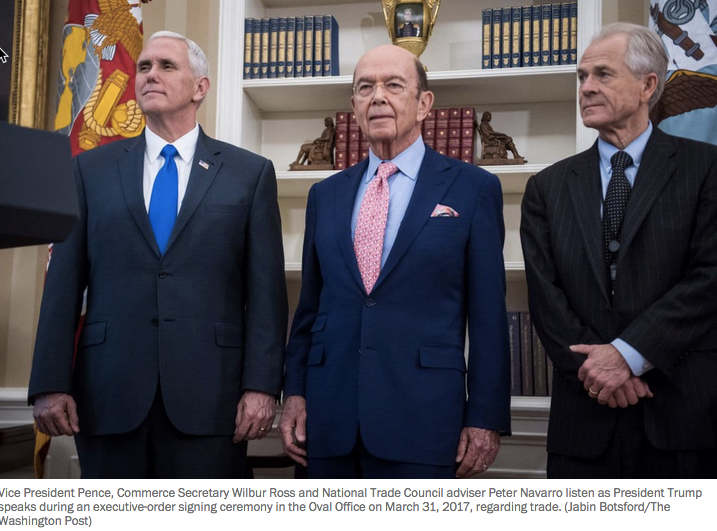. . . .
“Economic security is an important part of national security,” Fanning said. “We can see how the markets are reacting, we can see how our allies are reacting, so I’m concerned about some negative impacts that this might have on national security.”
The National Defense Industrial Association (NDIA), another trade group, said Monday that the tariffs will harm the military industrial base as well as U.S. service members if they are applied too broadly. Defense firms can seek “waivers” from domestic sourcing requirements such as the Buy American Act and the Berry Amendment, Depression-era laws that forbid foreign purchases on certain military supplies, but the White House has offered little clarity on whether similar exceptions would be built into the new tariffs.
“NDIA is concerned that any non-targeted increase in tariffs and resulting international retaliation will harm our defense industrial base and our warfighters, who depend on U.S. industry and its global defense supply chain of allies and partners to ensure they have the best equipment at an affordable cost,” an NDIA spokeswoman said in an emailed statement.




